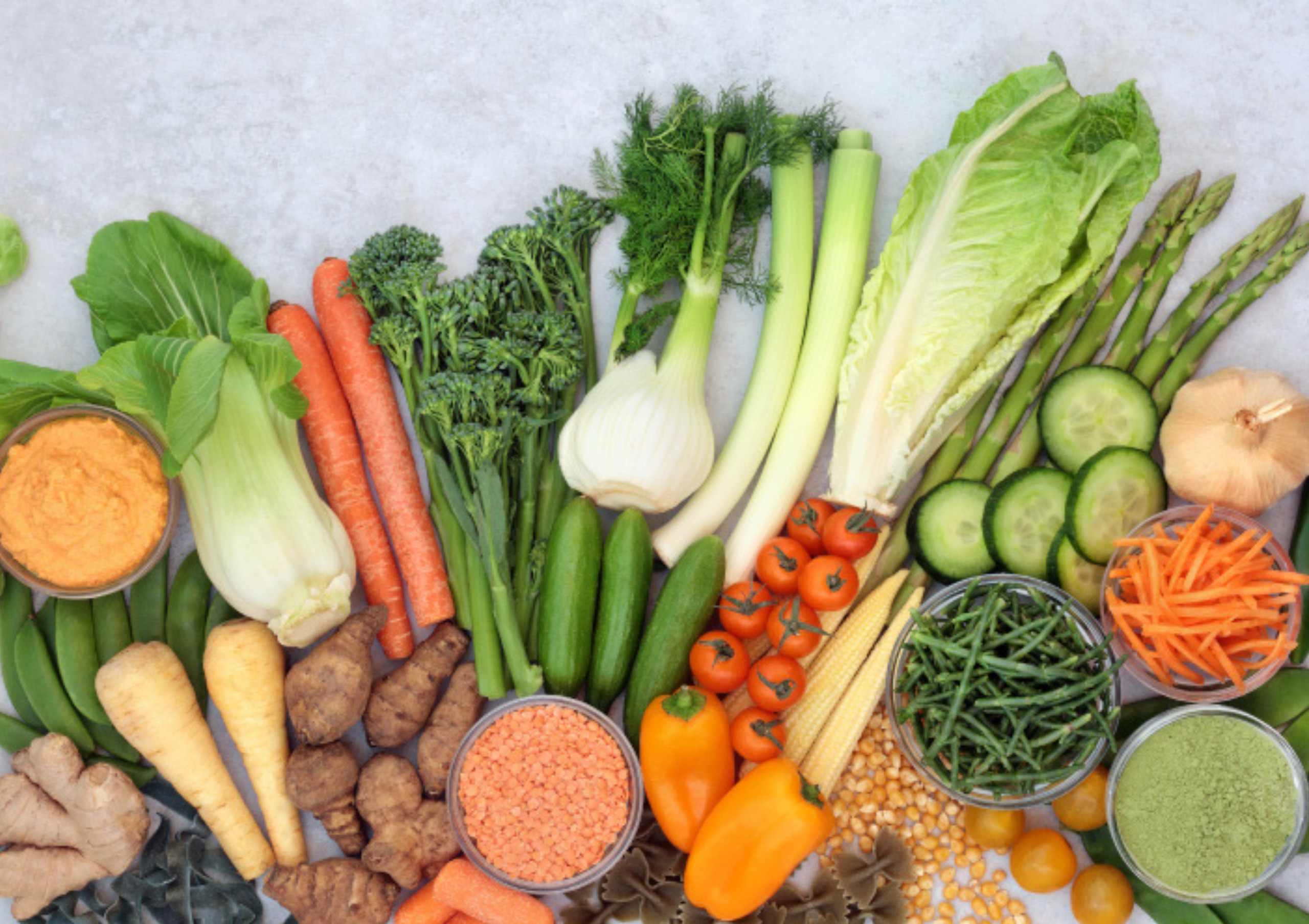
Protein is one of the most essential nutrients for the structure and function of our body. From bones and muscles to skin, hair, and even blood—protein plays a crucial role in every aspect. It boosts energy, strengthens immunity, and supports cell regeneration. Many people assume that protein is only available from animal-based sources like meat, eggs, or fish. But that’s a misconception. In reality, several vegetables are packed with protein and can effectively serve as a healthy alternative to animal protein.
According to a recent report by News18 Bangla, there are 10 vegetables that are particularly effective in meeting the body's protein requirements. Each of these vegetables contains a notable amount of protein and can be easily included in your daily meals.
At the top of the list is Edamame, a type of immature soybean. It contains about 11.9 grams of protein per 100 grams—an impressive amount. It can be consumed boiled or as a lightly salted snack. Next is green peas, a common and readily available vegetable, with 5.4 grams of protein per 100 grams.
The list also includes some lesser-known but highly nutritious vegetables like Brussels sprouts (3.4 g), kale (3.3 g), and artichoke (3.3 g). Kale, in particular, is a leafy green that has gained immense popularity among health-conscious individuals worldwide. It's also rich in fiber and antioxidants.
Vegetables like spinach (2.9 g), asparagus (2.9 g), broccoli (2.8 g), mustard greens (2.7 g), and cauliflower (1.9 g) also offer a good amount of protein. Many of these are commonly used in Indian kitchens, making them easy to add to your diet without changing your regular food habits.
These vegetables are not only good sources of protein but are also rich in essential vitamins (like A, C, K), minerals (like iron, calcium, and magnesium), and dietary fiber. They help improve digestion, boost immunity, detox the body, and maintain overall vitality.
Experts recommend these vegetables especially for vegetarians, who may not consume enough animal protein and are thus more likely to suffer from protein deficiency. Regularly including these high-protein vegetables in meals can help bridge that nutritional gap.
Adding them to your diet is simple. You can boil them and toss them in salads, cook them into curries, use them in soups or even include them as healthy side dishes or snacks. For those bored of repetitive meals, these vegetables open the door to variety, flavor, and better nutrition.
protein doesn’t have to come only from animal-based sources. Plant-based vegetables can also fulfill your protein needs effectively. Deficiency in protein can lead to fatigue, weakness, hair fall, skin problems, and poor immunity. To stay fit and strong, it’s wise to start including these protein-rich vegetables in your regular meals. They are not just healthy and eco-friendly but also affordable and easy to find.